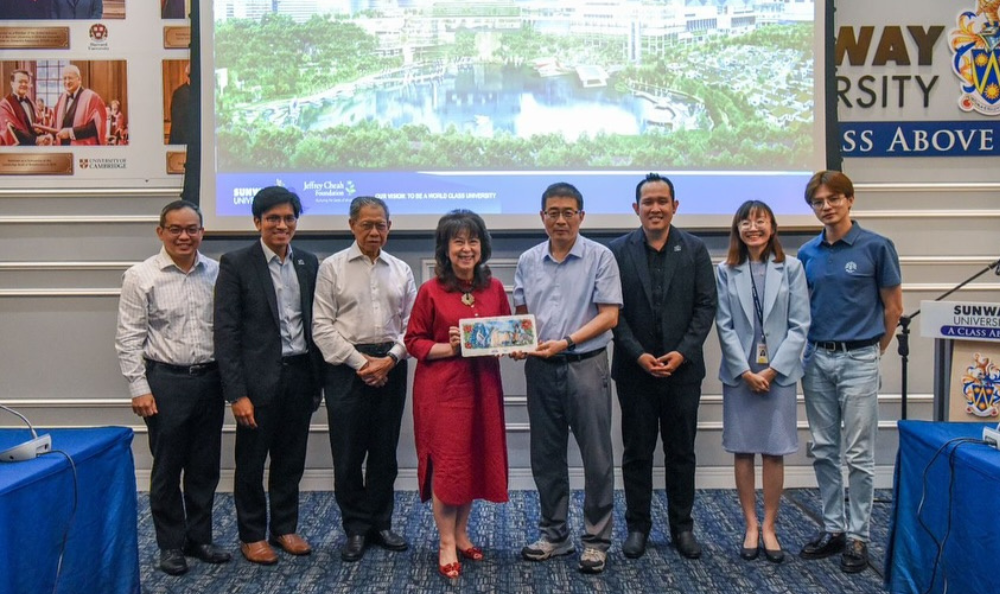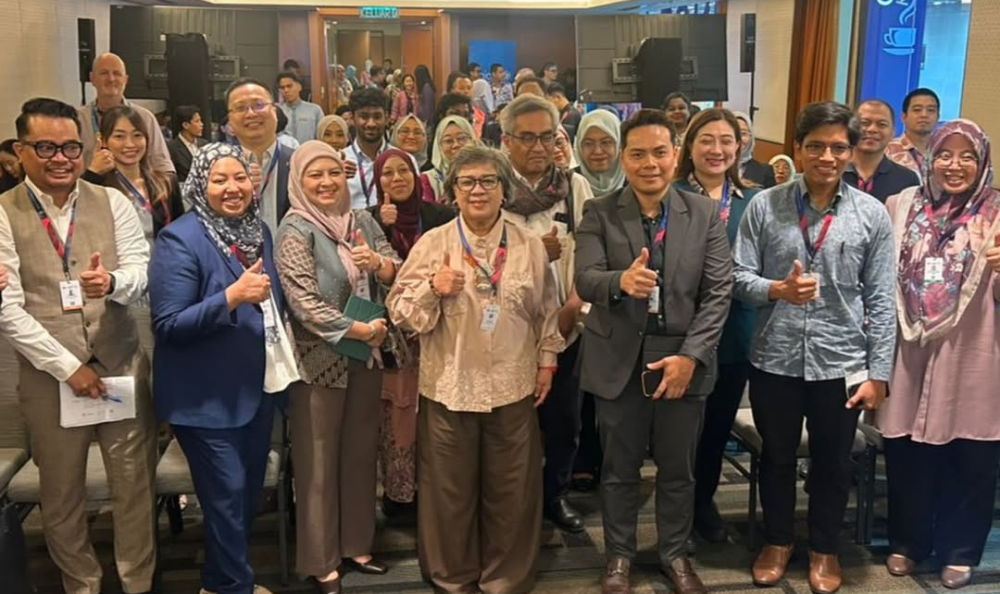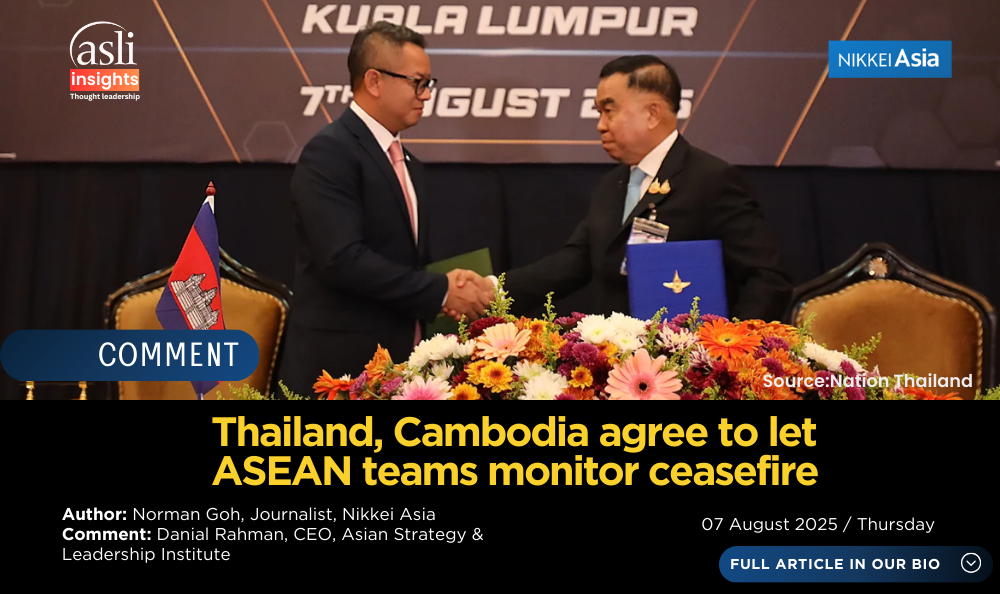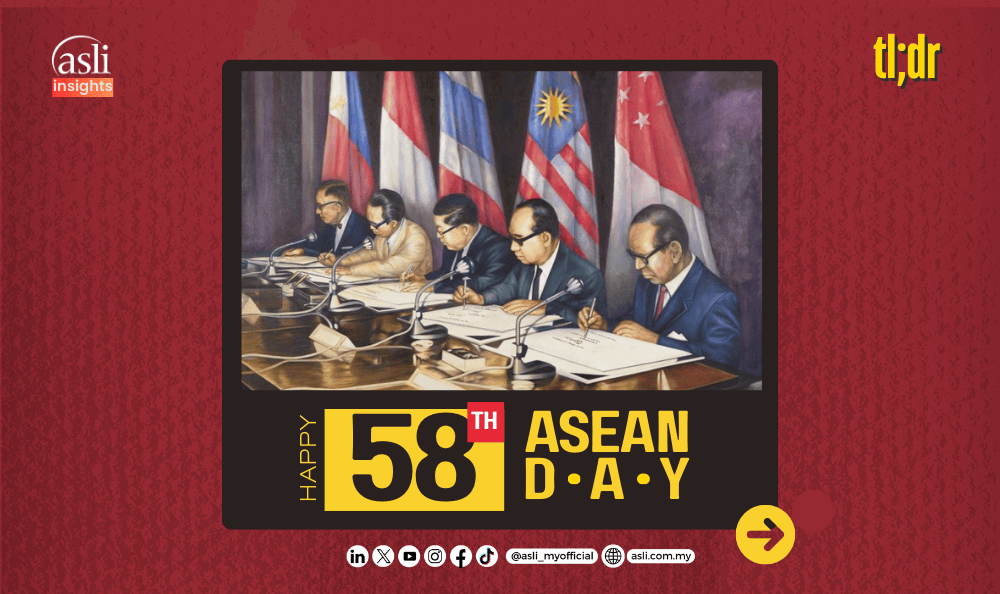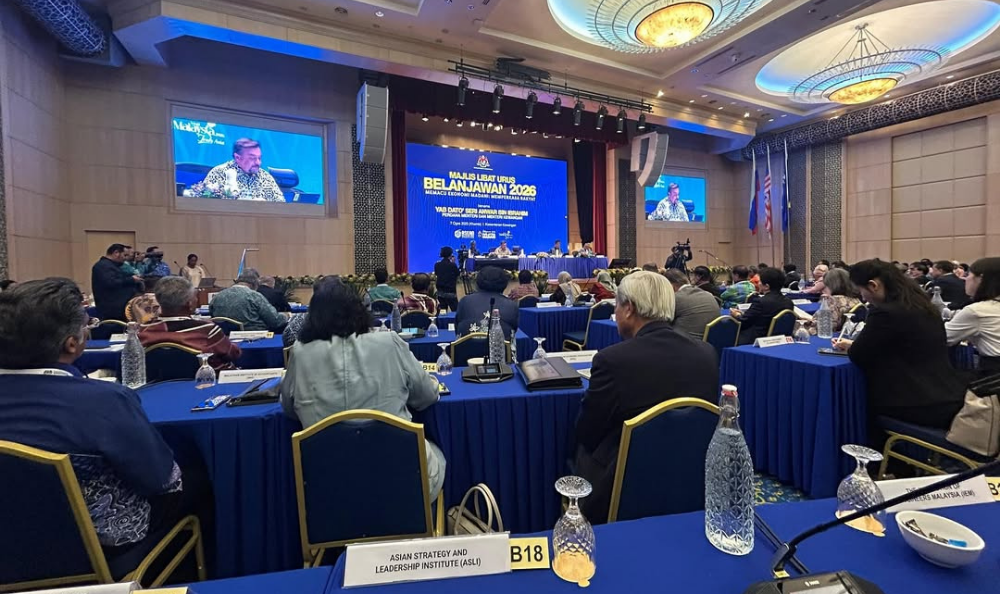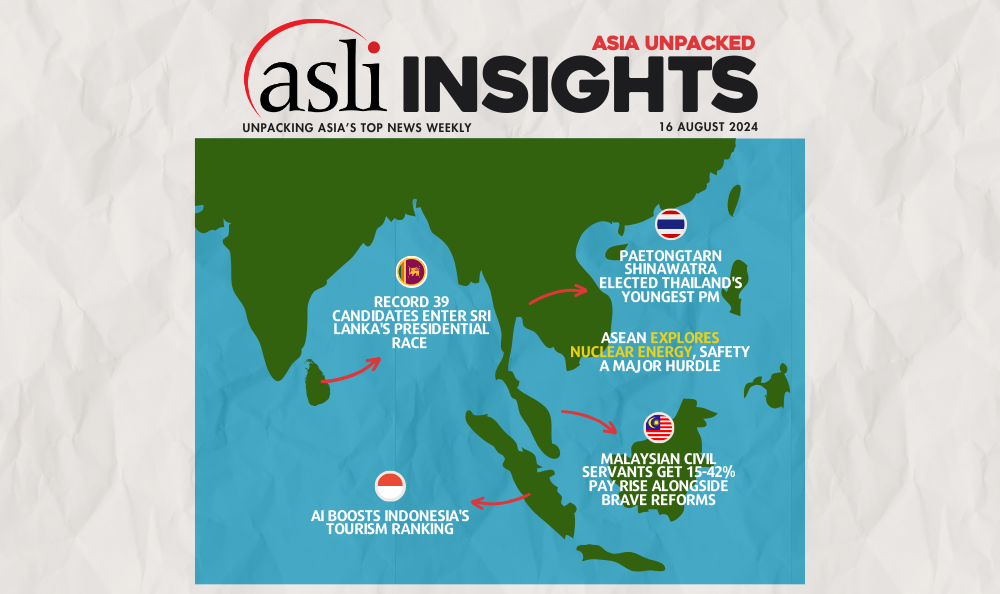
ASLI INSIGHTS: Asia Unpacked | 16 August 2024
ASLI is back with more ASLI INSIGHTS: Asia Unpacked!
Stay tuned for more top news in Asia handpicked by ASLI and for our curated weekly roundup!
This week’s Asia top news:
1) Paetongtarn Shinawatra Becomes Thailand's Youngest PM at 37
Paetongtarn Shinawatra, the 37-year-old daughter of former Prime Minister Thaksin Shinawatra, has become Thailand’s youngest-ever prime minister after being nominated by the ruling coalition of her Pheu Thai party. She succeeds Srettha Thavisin, who was removed from office by a constitutional court ruling. Paetongtarn, known as "Ung Ing," is the third member of the Shinawatra family to lead the country. Despite having no previous elected office experience, she was a prominent figure during the 2023 elections and was chosen by her party to lead following the disbandment of the reformist Move Forward Party by the constitutional court.
Read more:
- https://www.channelnewsasia.com/asia/paetongtarn-shinawatra-thailand-youngest-prime-minister-political-heiress-4548676
- https://theedgemalaysia.com/node/723057
2) Record 39 Candidates Enter Sri Lanka's Presidential Race
Sri Lanka’s upcoming presidential election has drawn a record 39 candidates, reflecting the critical nature of the vote amid the country's ongoing economic crisis. Current President Ranil Wickremesinghe, who implemented challenging economic reforms under an IMF bailout, is seeking re-election. Despite improvements like reduced inflation and increased foreign reserves, the benefits have not reached all citizens, and high taxes and living costs remain concerns. Wickremesinghe faces significant opposition, including from Sajith Premadasa, Anura Dissanayake, and Namal Rajapaksa, the latter representing the influential Rajapaksa family. The election is seen as a referendum on Wickremesinghe's economic strategies and his vision of making Sri Lanka a developed nation by 2048.
Read more:
- https://apnews.com/article/sri-lanka-presidential-election-economic-crisis-b9e68e06b35a445c10cf7a2a6b5548f0
- https://www.aljazeera.com/news/2024/8/15/record-39-candidates-to-run-in-sri-lankas-presidential-election
3) ASEAN Explores Nuclear Energy, Safety a Major Hurdle
ASEAN countries are exploring nuclear energy to meet climate commitments and enhance energy security, though challenges such as safety concerns and funding remain. During a forum organised by the ASEAN Center for Energy in Jakarta, Beni Suryadi emphasised the growing energy needs in the region and the potential of nuclear power as a reliable, low-carbon energy source. The forum also launched the ASEAN Energy Booklet Volume 2, highlighting progress in nuclear energy development across the region. Countries like Indonesia, Vietnam, and Thailand are advancing plans to develop nuclear reactors by 2035. However, challenges include the region's geographic location, nuclear waste management, and historical nuclear accidents like Fukushima and Chernobyl, which impact the development of nuclear policies.
Read more:
- https://asianews.network/asean-eyes-nuclear-energy-but-airs-safety-concerns/
- https://www.chinadaily.com.cn/a/202408/12/WS66b96a3ca3104e74fddb97cc.html
4) AI Boosts Indonesia's Tourism Ranking
Indonesia's significant rise in the global tourism competitiveness ranking, now at 22nd in the World Economic Forum's Travel and Tourism Development Index, is attributed to the strategic use of artificial intelligence (AI). According to Minister of Tourism and Creative Economy Sandiaga Salahuddin Uno, AI has helped prioritise the quality of tourists over quantity, focusing on longer stays and higher spending. This has led to the development of more qualified and sustainable tourism services. Indonesia's tourism sector saw a 21% increase in foreign tourists from January to June 2024, welcoming 6.4 million visitors, with a target of 17 million for the year. Indonesia now ranks higher than regional peers like Malaysia, Vietnam, and Thailand.
Read more
5) Malaysian Civil servants get 15-42% pay rise alongside brave reforms
Prime Minister Datuk Seri Anwar Ibrahim announced a significant pay raise for Malaysian civil servants, with a 15% increase for those in the management and professional category and a 7% raise for those in upper management. The raises will be implemented in two phases: the first on December 1, 2024, and the second on January 1, 2026. This pay adjustment, costing over RM10 billion, aims to address inflation and motivate better public service. Additionally, the current national pension system will be replaced with the civil service pension system (SSPA), which introduces performance-based remuneration. Anwar emphasised that only those who excel will be rewarded, signaling a shift towards greater accountability and productivity within the civil service.
Read more
- https://www.freemalaysiatoday.com/category/nation/2024/08/16/anwar-announces-7-15-pay-hikes-for-civil-servants/
- https://www.thestar.com.my/news/nation/2024/08/16/civil-servants-to-get-7-15-pay-raise-says-pm
🌱 Empowering Leaders, Advancing Societies.
